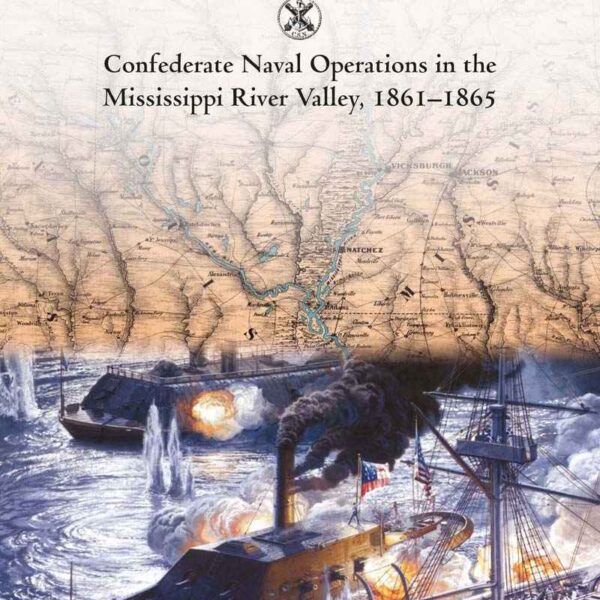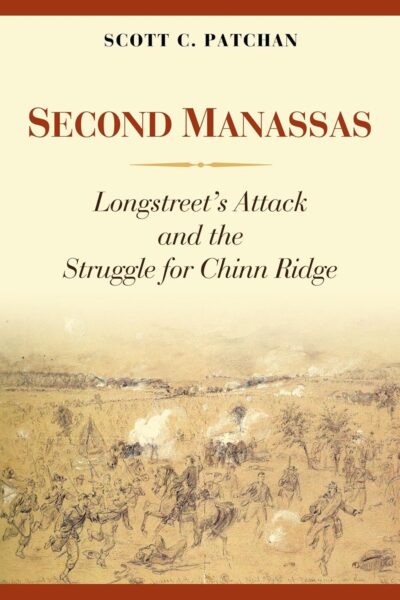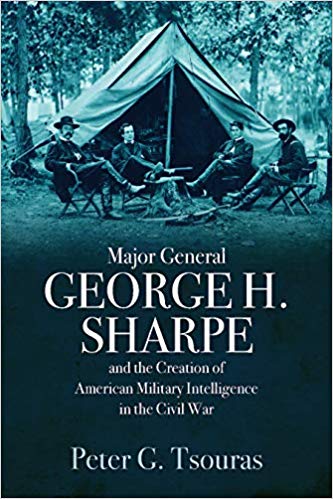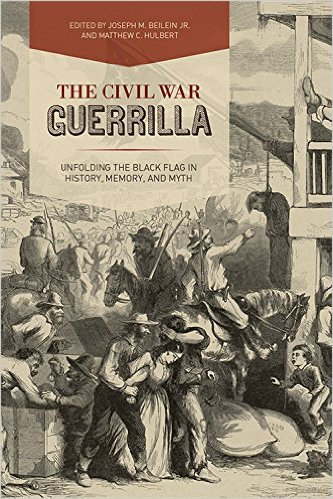Contemners and Serpents presents the correspondence of a family who had lived in Pennsylvania and Ohio, served as Presbyterian missionaries in India, but ended up in Georgia, Tennessee, and South Carolina during and after the Civil War. The collection includes letters of James Wilson, his wife Eliza Griffing Edwards Wilson, and their five children. Unfortunately, the correspondence is scattered and episodic, so information gained about any individual, including their views on the war and Reconstruction periods, is frustratingly fragmentary.
Much of the correspondence is fairly mundane and deals with family matters, but there is interesting information scattered throughout. The patient and careful reader or researcher will be rewarded. One of the Wilson sons writing from Princeton in the aftermath of John Brown’s raid on Harpers Ferry offered a brief critique of freedom in the northern states. Other family members reacted to the secession crisis. Sprinkled throughout the correspondence are comments on religion both in the army and on the home front.
Once the war began, the Wilson sons enlisted with varying degrees of enthusiasm, but as the editors freely admit, it is often difficult to trace their Confederate service. Accounts of early fighting in western Virginia, bits of information on the Peninsula Campaign, a useful Chancellorsville letter, and somewhat more extended comments on Ulysses S. Grant’s Overland Campaign mark the military highlights. For common soldier life, there are scattered comments about camps, drill, marching, food, and health—though not as many as one might expect. A long lament about the death of Stonewall Jackson echoed those of many other Confederates.
Worried about his brother Joseph’s health, James E. Wilson believed that “if a man is not utterly used up he recovers sooner in camp than anywhere else.” He disparaged “fellows who get in the habit of running to hospitals whenever they feel a little worse than usual generally become babies—worse than useless in the army” (86). Unfortunately, comments that might be of interest to students of the war, such as John L. Wilson’s mere mention of “toryism” in the Confederacy, are often too brief. Sarah Elizabeth “Bessie” Wilson’s letters breathed a more lively spirit than those of her brothers, and the reader wishes that more of them had survived. The same is true for her mother. Writing from Knoxville, Eliza criticized a Methodist minister’s sermon that attempted to catalogue every Yankee misdeed. She appreciated more his description of Confederate virtues despite his “shock” over soldiers’ frequent resort to profanity in camp. The collection contains a few references and occasional criticism of rebel generals. John offered some pointed remarks about the pettiness and hypocrisy of one captain. Joseph aimed his fire at the federals besieging Knoxville, vowing vengeance should his mother or sister come to harm. Bessie described the agony of reading through lists of killed and wounded soldiers, but hoped that General Jubal Early’s troops threatening Washington would “raze it to the ground” (169). A Confederate fast day in the spring of 1864 received approval from two of the Wilson boys. As late as January 1865, Luther Wilson claimed that “the South will triumph yet” (193).
The small number of postwar documents are of similar quality. Uncertain about his own future, John blasted the “God-forsaken Congress of the Union” (203) and thought the cowardly Yankees remained filled with hatred. Bessie commented more fully on Reconstruction policy and politicians, even suggesting that the “conservative party” in Tennessee “make every honest endeavor to get the Negro vote and thus clear out the radical party in masse” (211). By early 1867, she feared that “our flag as well as our cause . . . must be buried as it is so odious to all loyal citizens” (220).
The editors note that the Wilsons had relatively little to say about slavery or race. So too, figuring out why the various family members supported the Confederacy presents problems given the paucity of direct evidence. In several ways, the editorial work is superior to the quality of what is being edited. Thomas Knight picked up this project from the late Colonel Theodore Fuller and has done yeoman work. An introduction describes editorial procedures. There are ample headnotes and footnotes that help place the letters in historical context. An indispensable epilogue (some of which might have worked better as part of the introduction) discusses the wartime experiences of each family member, attempts to fill in some of the many silences, and gives brief attention to the family’s postwar life. There is a useful index. The Wilson correspondence is no more than an average collection of Civil War era documents, but the editors have done a good job in the bringing these letters into print.
George C. Rable is Professor Emeritus at the University of Alabama. His next book, Conflict of Command: George McClellan, Abraham Lincoln, and the Politics of War, will be published in the fall of 2023 by Louisiana State University Press.





